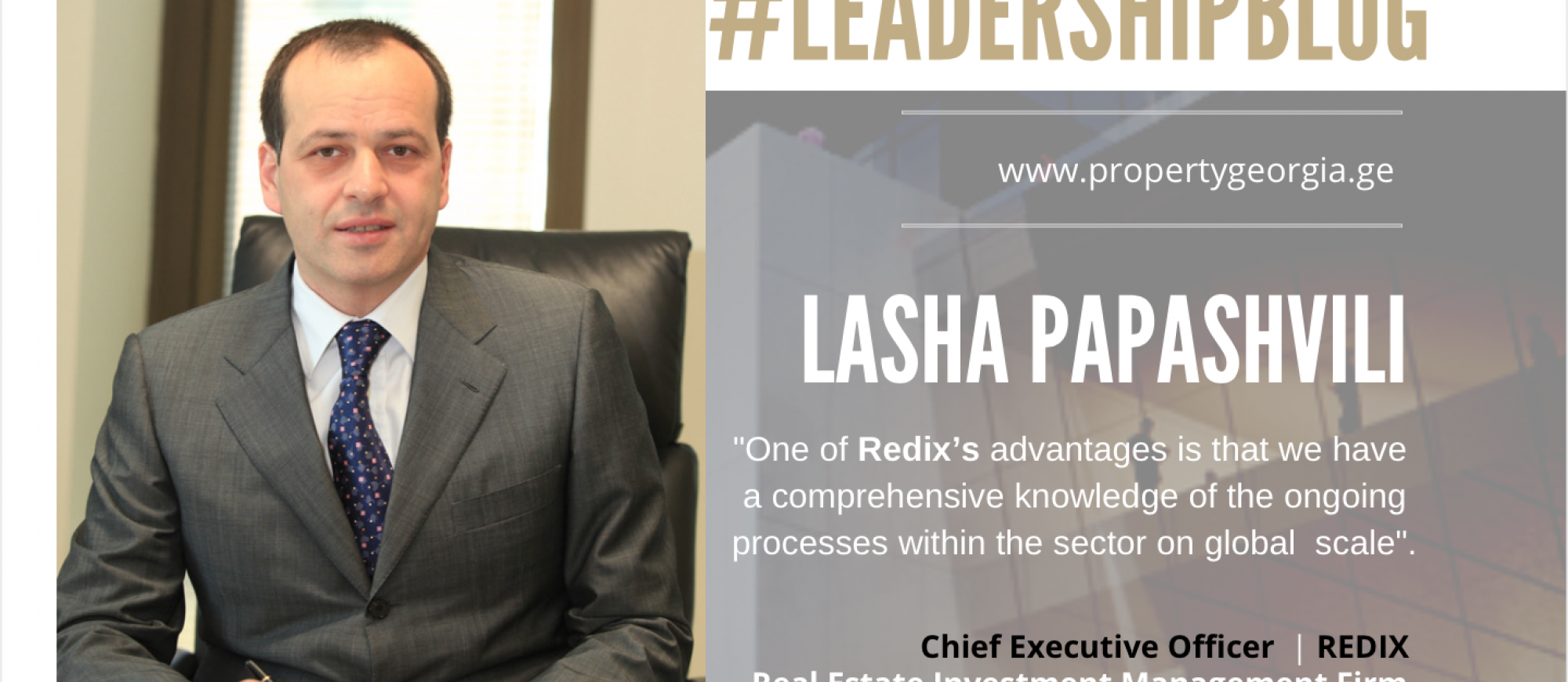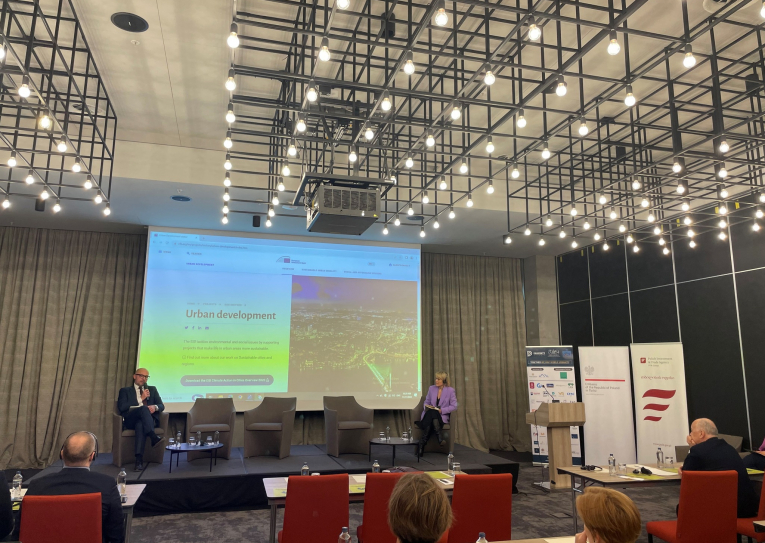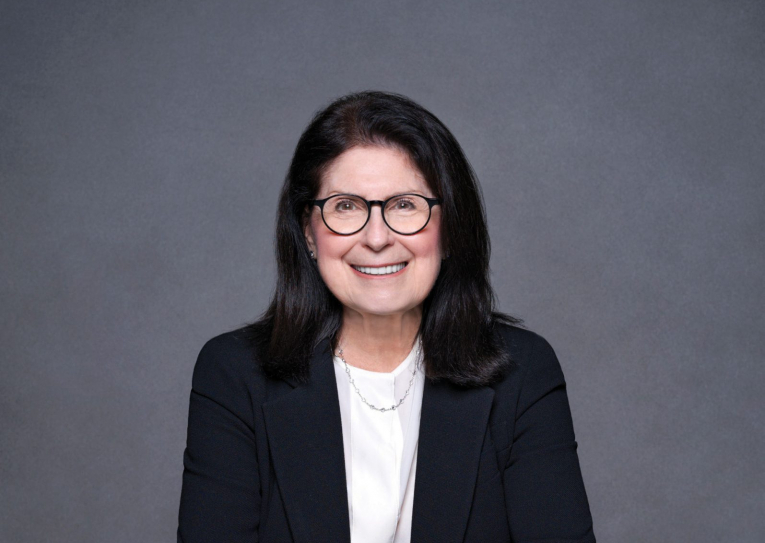Kate Tabatadze
What makes REDIX stand out?
REDIX appeared on the real estate market in 2007, and the company has accumulated a wealth of experience over the past 9 years. Today we have relationships with leading international experts, architects and managers. One of Redix’s advantages is that we have a comprehensive knowledge of the ongoing processes within the sector on global scale. Unfortunately, Georgia is characterized by a complete lack of standards: there are neither any functioning Soviet-era ‘snips’, nor has anything new been implemented.
We confidently took on this challenge and tried to occupy our niche on the market. We are thoroughly monitoring and implementing western standards in this industry, and we are almost in our 10th year of doing so.
How attractive is the real estate sector for investors today, and what are the challenges facing this industry?
With very few exceptions, no serious foreign investors would put their money into existing real estate in Georgia. On the other hand, there is a lot of potential in terms of creating new projects. However, nothing significant can be achieved in this regard without strict regulations. Decades-long absence of control is evident today in the shape of deformed cities and static prices. For example, the price of 1 sq.m. of second-hand residential property in Vake has not gone past the $1000 mark for 30 years, at a time when land prices have gone up significantly, and there is virtually no further potential for high-quality regeneration (meaning that Georgians have been unable to build anything notable on the most expensive land in the country).
In developed countries, the same amount of money is circulating in real estate as in the financial sector. Normally, one should be able to attract numerous funds or wealthy individuals to purchase high-quality real estate, and we must also exploit this opportunity, in a joint effort with the government.
Another notable issue is maintenance of developed (already constructed) real estate. Unfortunately, this has also not been cultivated in our country, even though this is an industry of its own, where numerous new jobs can be created. In western countries, demand for maintenance is legislated for. Thereby, all parties have their rights protected.
I will use one example to illustrate my point: in a small and not wealthy settlement in Germany, where the local fellowship of residents cannot afford hiring a private company for maintenance, each member is obliged to contribute his or her own labour to this end. Let’s say that one of the neighbours failed to clear ice or snow from the path leading to the front entrance during wintertime on his or her shift. If someone else was to slip and injure himself, by law, the person who was supposed to be in charge of maintenance that day will have to cover the medical costs. Laws regarding flat owner fellowships exist in Georgian as well, but in needs to be refined and made to work in practice. Another one of Redix’s advantages is precisely that we have managed to implement a real estate maintenance system within our group.
How important is the existence of General Urban Development Plans for the capital city, and the country in general?
A general plan is certainly important for any settlement. However, it will not have an instant effect in a city of the size of Tbilisi. Achieving significant and visible results will require a lot of time and great effort from every one of us. As for the investors, for them it is undoubtedly an instantly attractive document.
Unified Berlin can be seen as one of the world’s exemplary cities in terms of urban planning. As far as I know, the city heads aimed to achieve a ‘city without traffic jams’ there, and achieved this by implementing a brilliant public transport system. Even the wealthiest individuals are willing to travel by bus or metro due to the cleanliness and quality of the service. We need a similarly well-functioning transport system, a good subway network, large buses (rather than many smaller ones), and alternative forms of transports, such as bicycles, motorcycles and good pavements.
What would be your advice to members of the Georgian diaspora abroad who may wish to purchase real estate in Georgia?
Individuals interested in purchasing a property must study the project in detail – who is the author, what kind of engineering decisions has he made in the past, and many other details about which most people living in Europe and the US would not normally ask. In the West, the government shares responsibility together with the businesses. We have no such protection in our country just yet.





